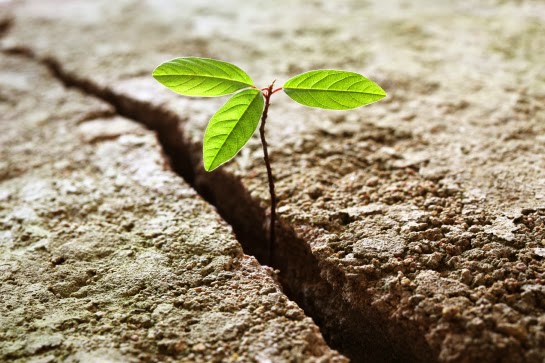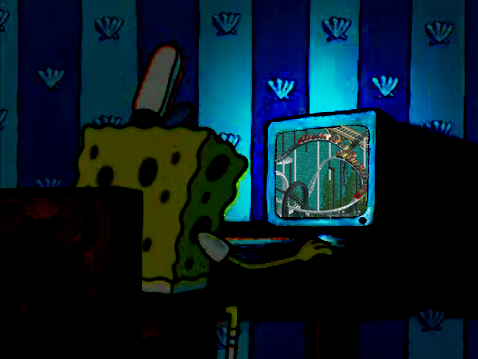 This article is prompted by what happened to me in a normal morning last year. One day, sitting on the floor, looking at the bookshelf in front of me, I suddenly wondered what was wrong with me: there were hundreds of books in the shelf that I wanted to read at the time I saw it but never opened the cover of almost all the books. Am I crazy? Maybe not. Do I love shopping? Nah. The more I thought, the more curious I was.
This article is prompted by what happened to me in a normal morning last year. One day, sitting on the floor, looking at the bookshelf in front of me, I suddenly wondered what was wrong with me: there were hundreds of books in the shelf that I wanted to read at the time I saw it but never opened the cover of almost all the books. Am I crazy? Maybe not. Do I love shopping? Nah. The more I thought, the more curious I was.
So I searched my question on Internet and happily found out that I am not alone. Many people share the same problem with me and complained about it-- "I need more willpower to keep reading books", "I have so many books rotting in the shelf because I do not have time to read", "my neighbor so noisy that I can not concentrate on reading". Everybody seemed to know what is the problem , but nobody knew how to solve it. I didn't know it too, so i just forgot it. This problem stays with me and keeps cursing me not only in terms of reading but also everything such as playing guitar or playing tennis I tried to learn and tackle.
I recently read a new book named 你的生命有什么可能, written by a Chinese writer named 古典. I knew this author by reading another book named 拆掉思维里的墙. I actually finished this book after i bought it, which is amazing. I like this book for the new way it proposes to perceive our daily life. In the new book, he claims that being interested in anything is not inborn but cultivated. Some people are not born to love playing guitar, reading book, or playing tennis but instead learned to love it. This is important to me, since it means that instead of trying to maintain my desire to read, I should cultivate my own passion for it.
 |
| Flow |
Then how should I cultivate my passion, by watering it everyday? Maybe. By doing what you want everyday, you create a habit that helps you keep doing it. Another thing to notice is the ideal relationship named "flow" between the challenge of work and your skill. According to Wikipedia, "flow, also known as zone, is the mental state of operation in which a person performing an activity is fully immersed in a feeling of energized focus, full involvement, and enjoyment in the process of the activity."
Now, looking back at my problem, I think buying too many books itself is the problem, since I bought so many books I want to read that I am choked by my interest. The solution will be buy a book once at a time and finish it before i buy another one. This is a easier mission to complete and therefore helping my passion for the book to grow day by day, since I am still a noob in reading.
Of course, this is not scientifically supported, and i welcome any discussion and debate over it. If you have any idea about anything, please let me know in the comment. Thank you.




